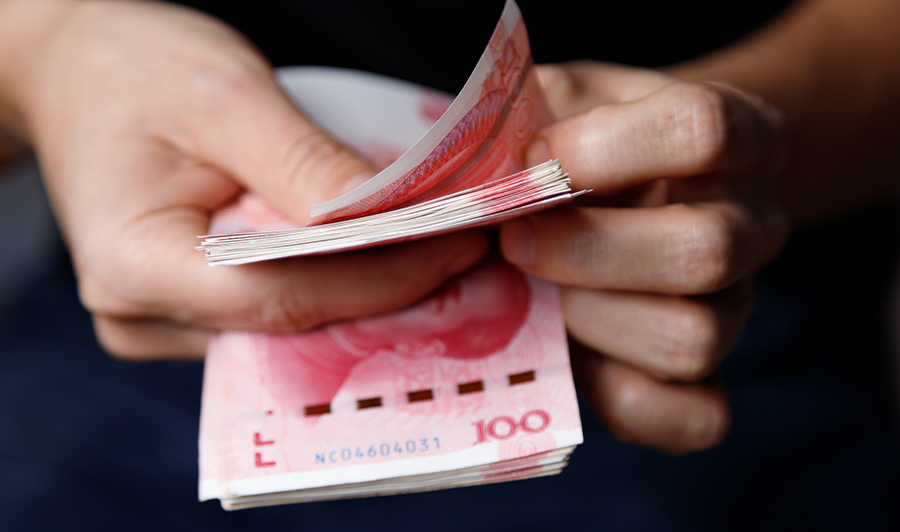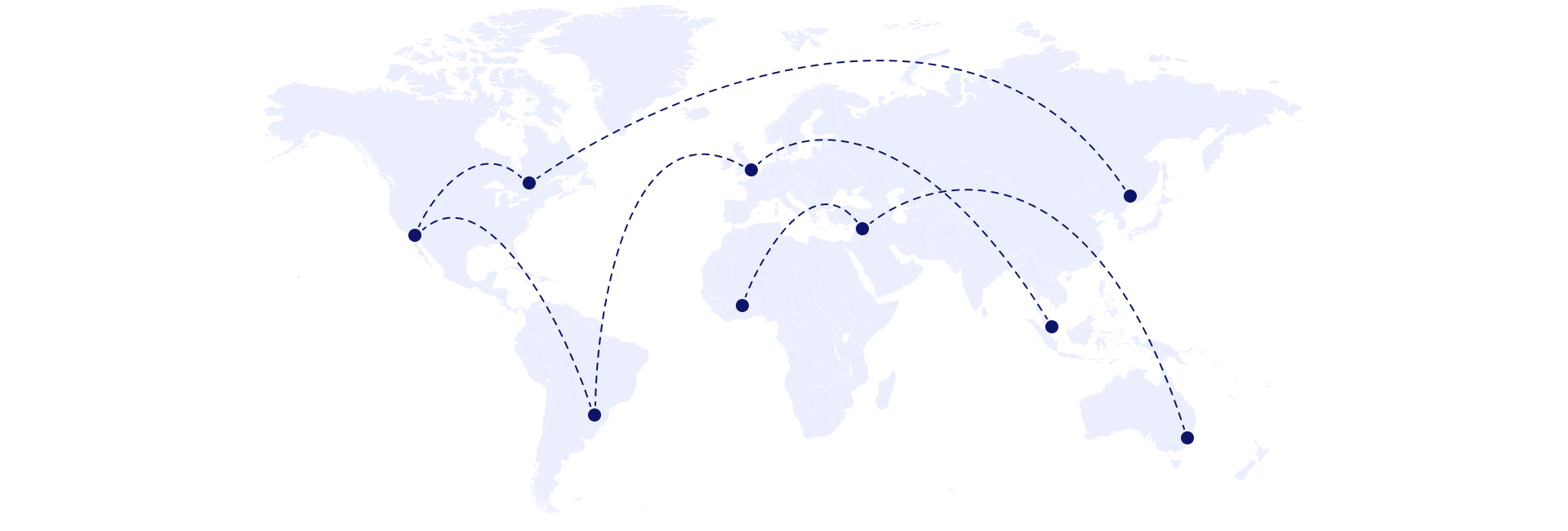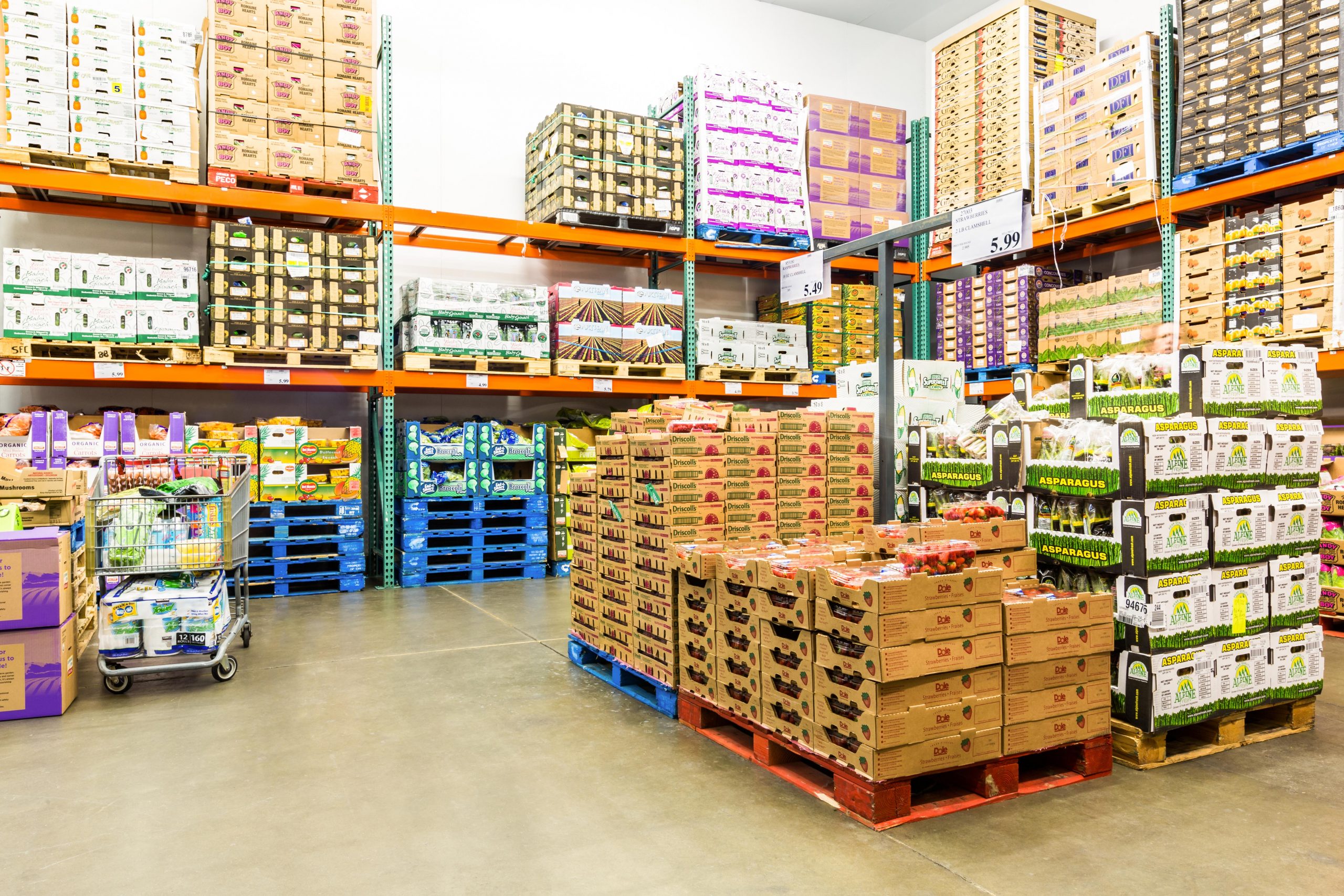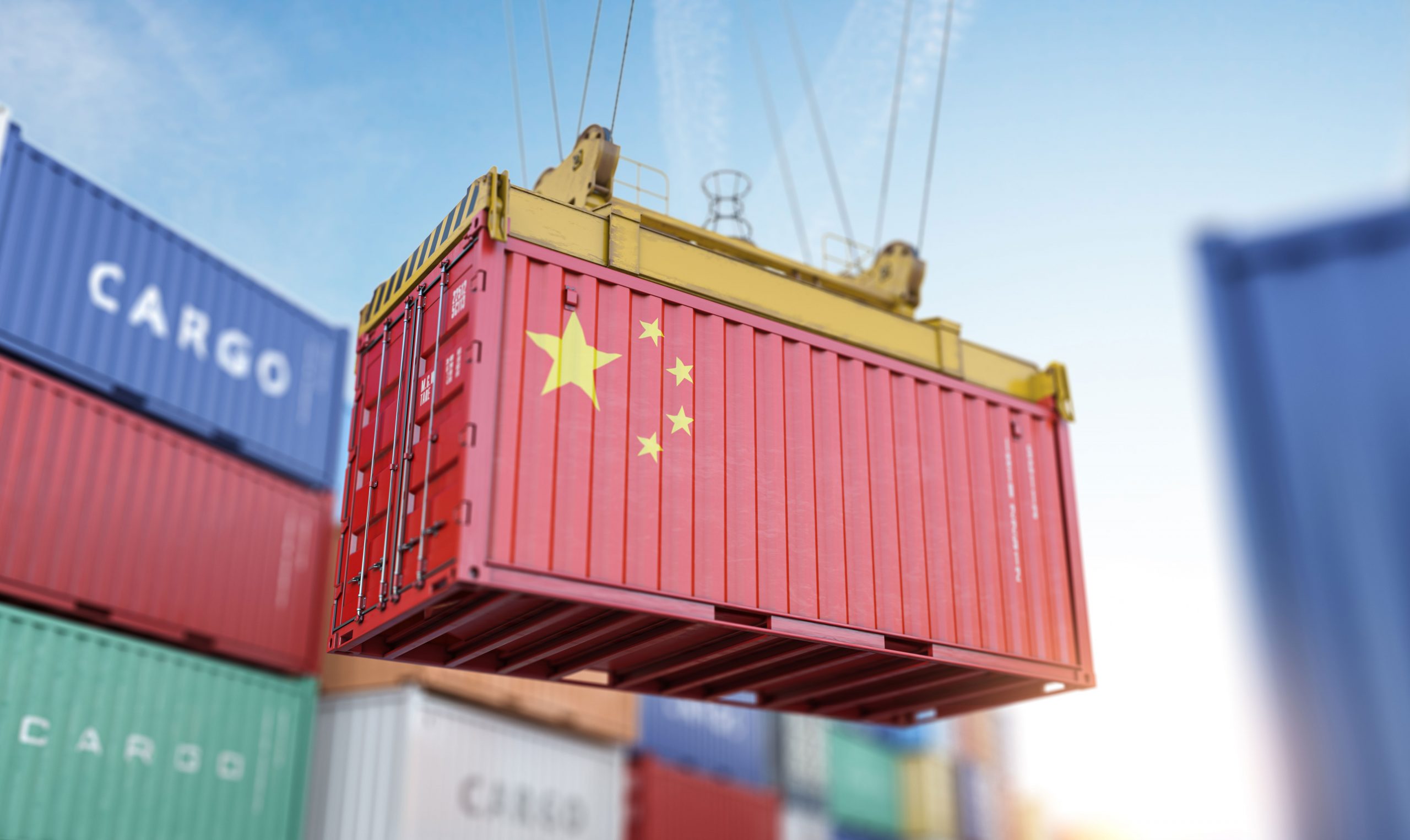
You may already know that Chinese Renminbi (RMB) is the official currency of China, but did you know you can easily make international payments in RMB? First thing you need to know is that there are two types of renminbi:
- CNH currency is the offshore RMB currency traded outside of the Chinese mainland
- CNY currency is the onshore RMB and is only traded within the Chinese mainland
When it comes to making international payments to China, you’ll need CNH. This is because it can be traded freely against other currencies in the international exchange markets, just like USD, EUR, and other international currencies.
Benefits of trading in CNH
Over the years, the Chinese renminbi has internationalised and become a globally accepted currency. This is particularly beneficial to businesses outside of the Chinese mainland using RMB because it:
- Improves price transparency for suppliers in the Chinese mainland who prefer to settle in local currency.
- Using CNH could alleviate currency risk for the supplier, which means avoiding any renegotiation of purchase prices. This means suppliers won’t be required to add an exchange rate buffer within their price. Brings access to a larger pool of suppliers in China.
- CNH can be traded as a deliverable forward currency. Purchasers who manage currency risk by hedging with FX forwards could benefit from better forward point gains with CNH when compared to equivalent USD transaction.
Because CNH can be traded like other international currencies, you can make international payments to your Chinese suppliers in their home currency. This means you can pay suppliers in what is likely to be their preferred currency. Paying your Chinese suppliers in CNH also means they can provide a quote in their home currency without having to consider currency fluctuation. As a result, the quotation could be more favourable for you, plus you can avoid renegotiation of purchase prices and build more scope for price negotiations.
Pay less when you pay directly
As a business buying from China, you could also make significant savings by paying directly in CNH compared to first exchanging in another currency like USD.
Let's assume that your Chinese supplier would like to charge 100,000 Renminbi for your order. If your Chinese supplier issues the quotation in USD, they might set an exchange rate slightly higher than the current rate to protect from currency risk.
However, if your Chinese supplier issues the quotation in CNH, you’re converting your payment from SGD to CNH directly, so you could avoid an inflated invoice.
With a World Account, you can pay suppliers in China directly in CNH just like a local.
Open a World Account for free
- Open up to 10 local currency accounts, with local sort codes, account numbers and IBANs
- Direct CNY payments to 1688.com
- Pay suppliers, partners and staff in 37 currencies without hidden fees
- Collect secure payments from 100+ marketplaces, overseas buyers and payment processing gateways
- Pay and get paid easily with local bank details on your invoices
- Lock in conversion rates to manage your currency risk

Business support from WorldFirst
Businesses trust WorldFirst
- Almost 1,000,000 businesses have sent $150B around the world with WorldFirst and its partner brands since 2004
- Your money is safeguarded with leading financial institutions



